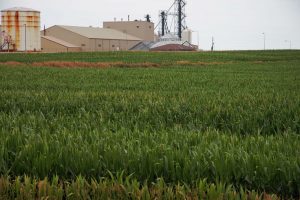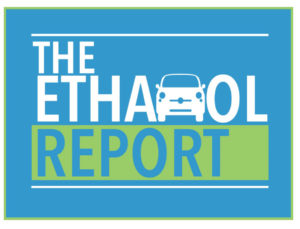 The National Biodiesel Board (NBB) has launched an ad campaign highlighting the economic damage to biodiesel and renewable diesel producers from the Environmental Protection Agency’s small refinery exemptions. The ads are currently scheduled to run for one week in Des Moines and Washington, DC.
The National Biodiesel Board (NBB) has launched an ad campaign highlighting the economic damage to biodiesel and renewable diesel producers from the Environmental Protection Agency’s small refinery exemptions. The ads are currently scheduled to run for one week in Des Moines and Washington, DC.
“The president’s EPA is hurting farmers and eliminating jobs by giving special favors to big oil companies,” the ad states. “The EPA’s big oil bailout is destroying demand for biodiesel.”
An estimate from University of Illinois Professor Scott Irwin says the demand destruction could reach 2.45 billion gallons over the next few years causing a $7.7 billion economic loss for the biodiesel industry.
“Just one oil refinery waiver can put an entire biodiesel facility out of business, and that means fewer jobs for rural America,” the ad states.
NBB Vice President of Federal Affairs Kurt Kovarik notes that the biodiesel industry “does not benefit from approval of year-round E15 sales. While that approval was long overdue, it can’t make up for the damage from small refinery exemptions.” There are currently 38 more waiver applications pending at EPA.












